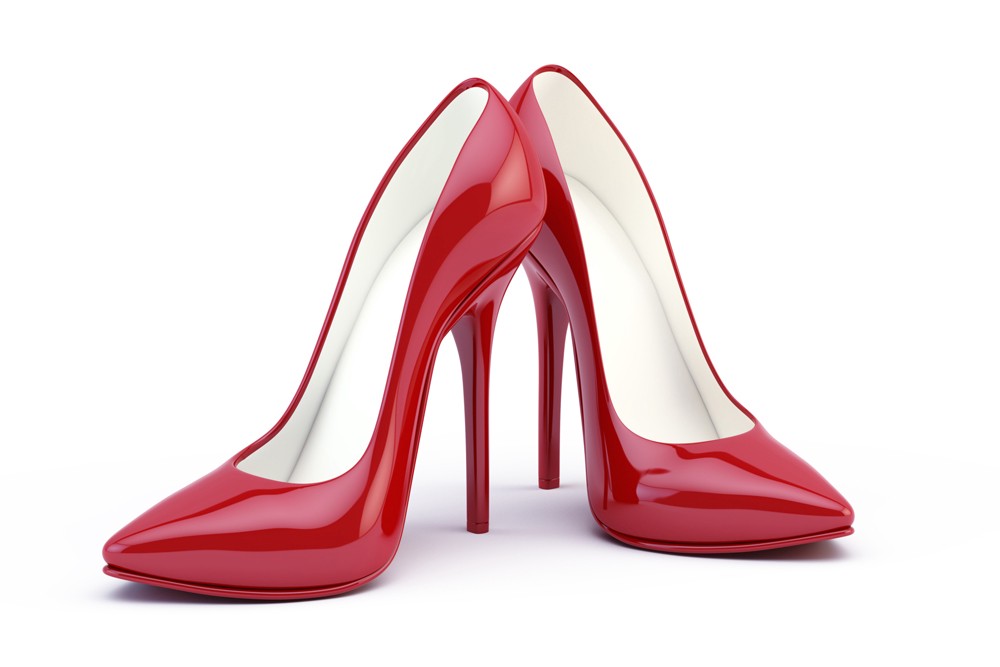Cannes is like an alternate universe. At 9am yesterday morning, I went to see a fantastic movie called “Mustang” by a woman director named Deniz Gamze Erguven. It is about five sisters in a small town in Turkey — lovely, free, fun girls who, after a game at the beach, are imprisoned in their home and then married off one by one. No more school. No more fun. No more anything. The film shows what religious repression does to the souls of women: it kills them. I can’t say enough good things about it, especially the youngest daughter, Lela.
When I came out of the theatre at 10:45am and found a place to check my phone (wi-fi is not always available), I saw that heelgate or flatgate or shoegate (or whatever we want to call it) broke. The trade magazines (which everyone reads every day and which drive a lot of the conversations) were reporting that women, some in their fifties, were turned away from the red carpet for “Carol” on Sunday night for wearing flats.
I attended that “Carol” premiere on Sunday night. I did not walk the red carpet, and I did not wear heels. I stood in line and was let in when they started admitting us folks who had seats in the balcony. This was before the red carpet began at 6pm, and I was able to watch the red carpet from my seat in the Palais. Of course, they only showed us the celebrities, mostly women, walking the carpet. It looked tedious and painful. One step, pose. Another step, pose. That carpet become really long, really fast.
After the controversy broke yesterday, festival director Thierry Fremaux took to Twitter (in French) to deny that there is a policy that women have to wear heels (of any size) to walk the carpet. But my colleague Kate Muir of the Times of London told me that she knows three people it happened to, and on Facebook last night, I saw a post that had the name of someone who was removed from the carpet. The director of “Amy,” Asif Kapadia, said his wife was also stopped and then eventually let in. As I said on Twitter yesterday prior to the festival, I was told by a PR person that if I got a ticket to a premiere, I would have to wear heels. It’s an unwritten but widely understood (and apparently often enforced) policy.
So let’s break this down a bit. Cannes has been criticized heavily for not including enough women in its programs. The festival has gone to extraordinary lengths to blunt that criticism. Whether their tactics have been successful is for another post I will write later after some sleep. But the genie has been let out of the bottle here, and what that has unleashed in women is the ability to freely criticize. Women, including celebrities, have just had enough. They are tired of being treated like second-class citizens at Cannes and in the filmmaking world. Mr. Fremaux has talked about how he can’t solve the gender problem in film, and I agree.
But from my perspective after spending a week here, he has a ton of power and can be a force for change. You can’t just wave a magic wand, set up talks, have parties that celebrate women and expect everything to be solved. Cannes has power, and the problem is that because of their poor history regarding women, no one is surprised at what’s happened. The festival and the film business have a deep gender problem, and the footwear of women is just one small piece of it.
Of course, the irony of all ironies is that this gender-policing happened on the night of the premiere of a film about women loving women in 1952 repressive America.







